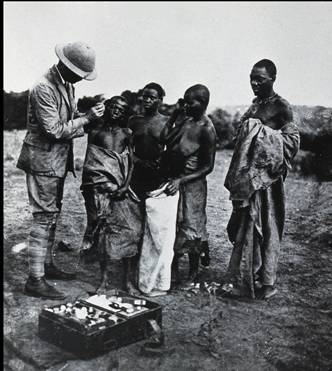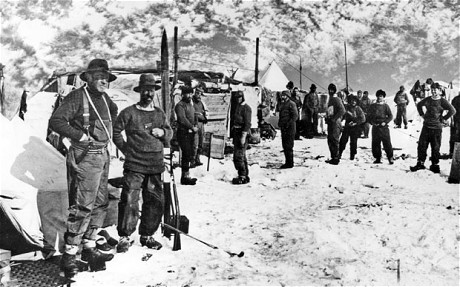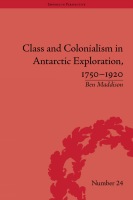
Nandini Chatterjee
History Department, University of Exeter
Review of Poonam Bala ed. Medicine and Colonialism: Historical Perspectives in India and South Africa. London: Pickering and Chatto, 2014. Empires in Perspective Series. 240 pp. £60 (hardback) ISBN 13: 9781848934658; £24 (e-book) 9781781440872.
 The recent surge of interest in imperial history has been cross-fertilised by work on a number of other themes, such as knowledge formation, law and governance and trans-national connections. This collected volume of essays very usefully brings together a number of these trends to bear upon the crucial area of colonial medicine. Self-consciously aiming to be a comparative work and taking material from India and South Africa, it takes its cue from earlier works that aimed to ‘de-centre’ the metropolis-periphery model of conceptualising empire and colonialism.[1] While re-asserting the centrality of medical knowledge and practices to colonial rule, and the importance of the bodies of the colonised as sites for the exercise of colonial power, the book aims to move beyond a model of hegemony, domination and control. Instead, as the introductory essay outlines, the book’s trans-national methodology is intended to highlight ‘policies of European adaptation and resistance to initiatives of the colonized’ and the ‘transfer of ideas and knowledge in mutual engagements.’
The recent surge of interest in imperial history has been cross-fertilised by work on a number of other themes, such as knowledge formation, law and governance and trans-national connections. This collected volume of essays very usefully brings together a number of these trends to bear upon the crucial area of colonial medicine. Self-consciously aiming to be a comparative work and taking material from India and South Africa, it takes its cue from earlier works that aimed to ‘de-centre’ the metropolis-periphery model of conceptualising empire and colonialism.[1] While re-asserting the centrality of medical knowledge and practices to colonial rule, and the importance of the bodies of the colonised as sites for the exercise of colonial power, the book aims to move beyond a model of hegemony, domination and control. Instead, as the introductory essay outlines, the book’s trans-national methodology is intended to highlight ‘policies of European adaptation and resistance to initiatives of the colonized’ and the ‘transfer of ideas and knowledge in mutual engagements.’
Continue reading “Exchanging Notes: Colonialism and Medicine in India and South Africa”



You must be logged in to post a comment.